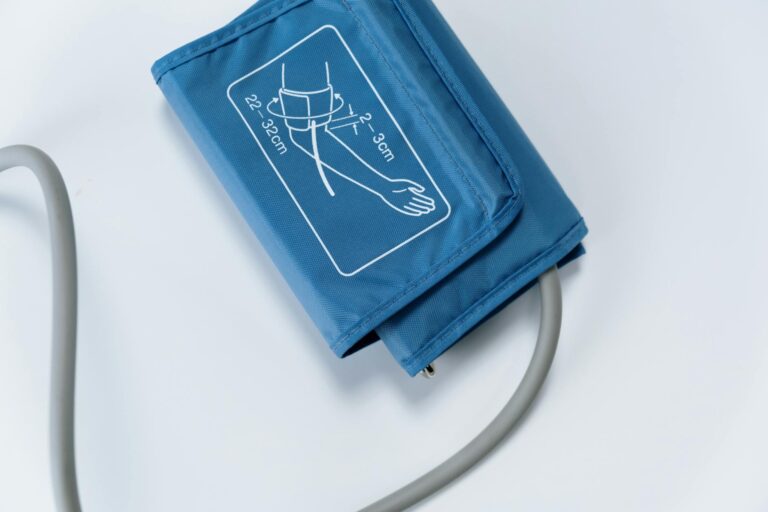As we age, our body goes through various changes, and our brain is no exception. One of the common changes that occur in the brain with aging is mild volume loss. This is a natural process that happens to everyone, but it can also be associated with certain medical conditions. In this article, we will explore what mild volume loss in the brain means, its causes, and its effects on the body.
What is Mild Volume Loss in the Brain?
Mild volume loss in the brain refers to the gradual decrease in the size or volume of the brain tissue. This occurs due to the loss of nerve cells or neurons and their connections, known as synapses. The brain tissue is responsible for carrying out various functions such as thinking, movement, sensation, and emotion. When there is a decrease in brain volume, it can impact these functions and lead to mild cognitive impairment.
Causes of Mild Volume Loss in the Brain
1. Aging: As mentioned earlier, mild volume loss in the brain is a natural process that occurs with aging. As we grow older, our brain cells start to shrink and lose their connections, leading to a decrease in brain volume.
2. Neurodegenerative diseases: Some neurodegenerative diseases such as Alzheimer’s disease, Parkinson’s disease, and Huntington’s disease are associated with mild volume loss in the brain. These diseases cause the death of neurons, leading to a decrease in brain volume.
3. Chronic stress: Chronic stress can also lead to mild volume loss in the brain. When we are stressed for a prolonged period, it can result in the release of cortisol, a stress hormone that can shrink brain cells and affect their connections.
4. Head injuries: Traumatic brain injuries such as concussions can also cause mild volume loss in the brain. These injuries can damage brain cells and disrupt their connections, leading to a decrease in brain volume.
Effects of Mild Volume Loss in the Brain
1. Memory problems: The most common effect of mild volume loss in the brain is memory problems. As the brain tissue decreases, it can affect the brain’s ability to store and retrieve information, leading to forgetfulness.
2. Difficulty with decision-making: The brain tissue is responsible for our ability to make decisions and solve problems. When there is a decrease in brain volume, it can affect these functions, making it challenging to make decisions or solve problems.
3. Changes in mood and behavior: The brain tissue also plays a role in regulating our emotions and behavior. When there is a decrease in brain volume, it can lead to changes in mood, such as increased irritability and anxiety.
4. Motor coordination issues: The brain is responsible for controlling our movements. When there is a decrease in brain volume, it can affect motor coordination, making it difficult to perform everyday tasks.
Treatment for Mild Volume Loss in the Brain
Unfortunately, there is no specific treatment for mild volume loss in the brain. However, certain lifestyle changes may help slow down the process and improve brain function, such as:
1. Regular exercise: Exercise has been linked to improved brain health and cognitive function. It can also help increase brain volume by promoting the growth of new brain cells.
2. Healthy diet: A balanced diet rich in fruits, vegetables, and healthy fats can also promote brain health and reduce the risk of mild volume loss.
3. Mental stimulation: Engaging in mentally stimulating activities such as puzzles, reading, and learning new skills can have a positive impact on brain function and may slow down the decrease in brain volume.
4. Managing stress: As chronic stress can contribute to mild volume loss in the brain, finding healthy ways to manage stress, such as meditation or yoga, can help prevent further damage.
Conclusion
Mild volume loss in the brain is a natural process that occurs with aging but can also be associated with certain medical conditions. It can impact various brain functions, such as memory, decision-making, and motor coordination. While there is no specific treatment for mild volume loss, making healthy lifestyle choices can help slow down the process and improve brain function. If you are concerned about your brain health, it is essential to speak with a healthcare professional for proper evaluation and guidance.





